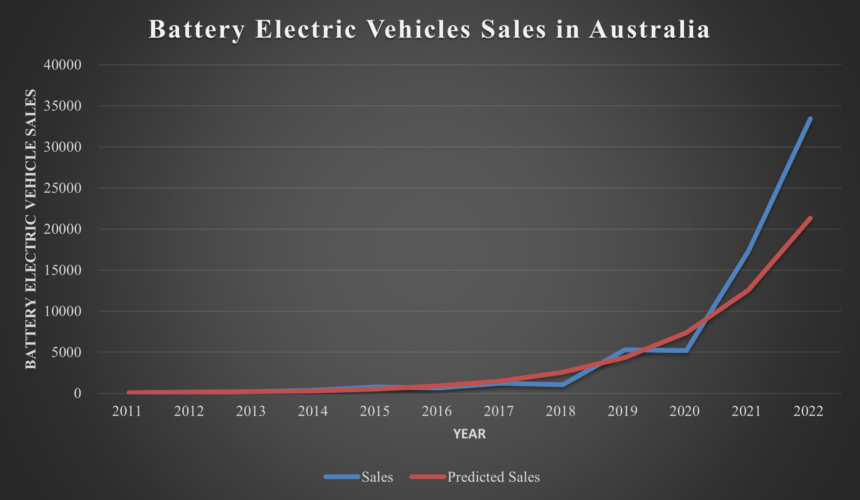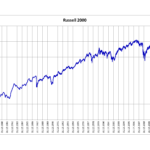Last month, the US auto industry experienced a sales surge as customers rushed to buy vehicles before President Donald Trump imposed new tariffs for imported parts and cars.
As buyers sought to escape the expected price increases once tariffs are implemented, several major automakers have reported a sharp increase in sales.
Randy Parker, chief executive officer of Hyundai North America told journalists on Tuesday that “this past weekend has been by far the most enjoyable weekend I have seen in quite some time.”
On Monday, the company announced a 13 percent increase in sales for March compared to a year ago.
Ford Motor Company’s March dealership sales jumped 19%.
The company saw its overall sales for the first quarter drop by about 1%, to around 500,000 cars due to weaker sales of fleet vehicles.
General Motors didn’t disclose any figures for the month of March. However, its sales in the first quarter rose by 17% compared to last year, and reached 693,000 units.
Trump’s 25% import tariff, which is set to go into effect Thursday, has prompted a rush of buyers to purchase vehicles.
Tariffs on imported auto parts will be extended to May 3rd, posing challenges for even cars built in the US. Many of these contain components from abroad that account for more than 50% of their value.
As automakers adapt to new taxes, analysts predict that some models will see price increases of more than $10,000.
Tariffs cause inflation. This is a basic principle of #economics. US auto production plus imports are meeting the demand. US auto production cannot compensate for the tariffed vehicles. Prices go up. (Chart: Statista statista.com/chart/34204/do…)
Hybrids and electric vehicles gain momentum
Electric vehicles (EVs), hybrids, and traditional vehicles with internal combustion engines (ICEs) saw a more modest or even a decline in sales as overall sales increased.
General Motors announced that their EV sales almost doubled in the first three months to reach 32,000 units. This was due in part to the introduction of the Equinox electric SUV. The Equinox is one of the most accessible EVs on the US market, with a price starting at around $35,000
Toyota’s hybrid and electric vehicle sales grew by 44% to 113,000 vehicles in March, nearly half its overall sales.
Toyota’s presence in fully-electric vehicles is relatively low, despite its dominance of the hybrid vehicle segment.
Ford reported that its hybrid sales grew 33% during the first quarter. EV sales – including those of the Mustang Mach-E – climbed by 12%.
Sales of ICE powered cars fell 5%.
Hyundai’s hybrid sales jumped 68%, and EV sales increased 3%.
BMW’s EV sales increased by 26%, which contributed to a 4% increase in the company’s US sales in the first quarter.
Future pricing is uncertain
Automakers are still unsure about the impact of tariffs on their pricing strategy, despite a strong performance in March.
Hyundai and Kia which have factories in Georgia or Alabama still import significant numbers of cars from South Korea.
Mercedes may withdraw its least-expensive cars from US sales because of President Trump’s tariffs. Kailey Leinz reports bloom.bg/3XEmSc5
View all replies
Parker stated, “We still have not made any decisions.”
He advised buyers to not wait and said, “Don’t wait for tomorrow to buy what you can purchase today.”
The post Trump’s import tariffs are causing auto sales to surge may be updated as new information becomes available.
This site is for entertainment only. Click here to read more





